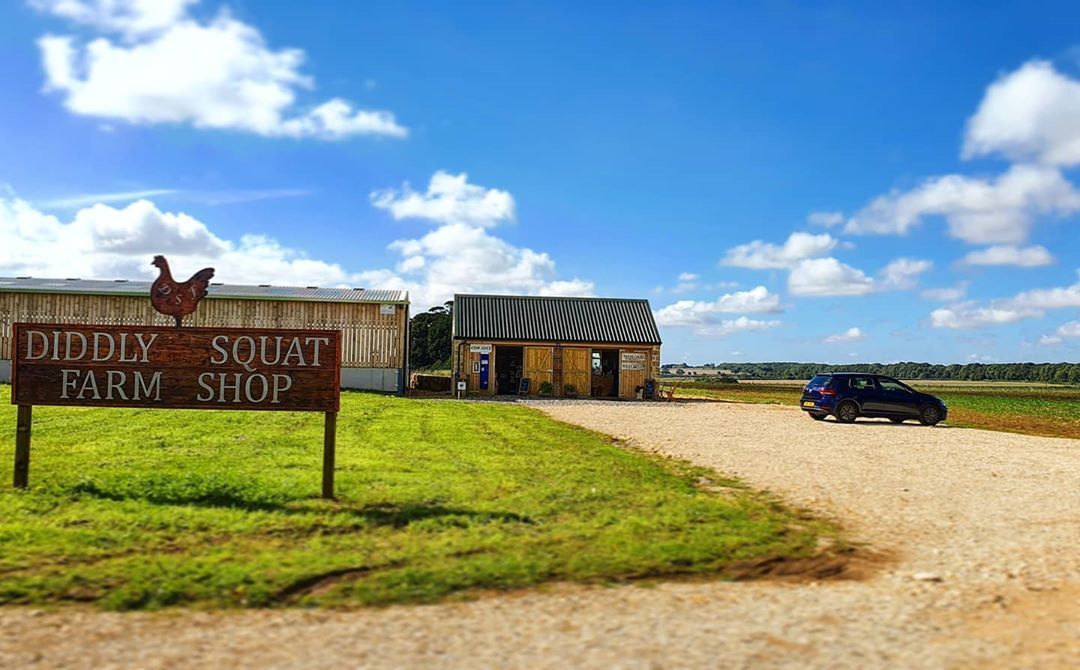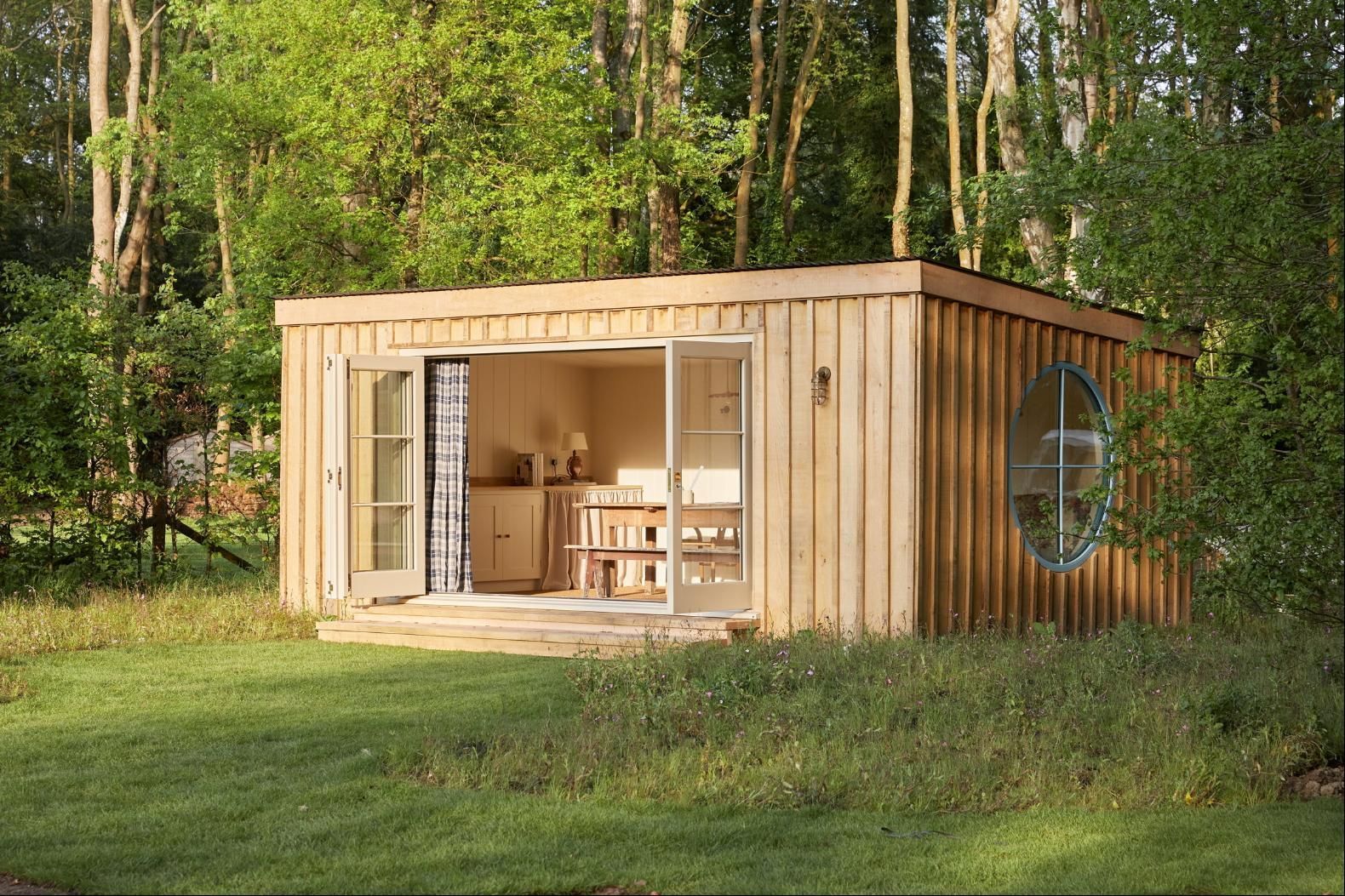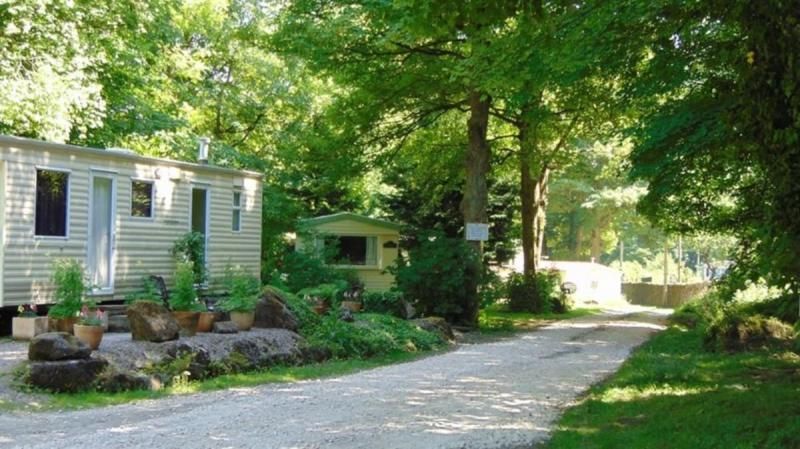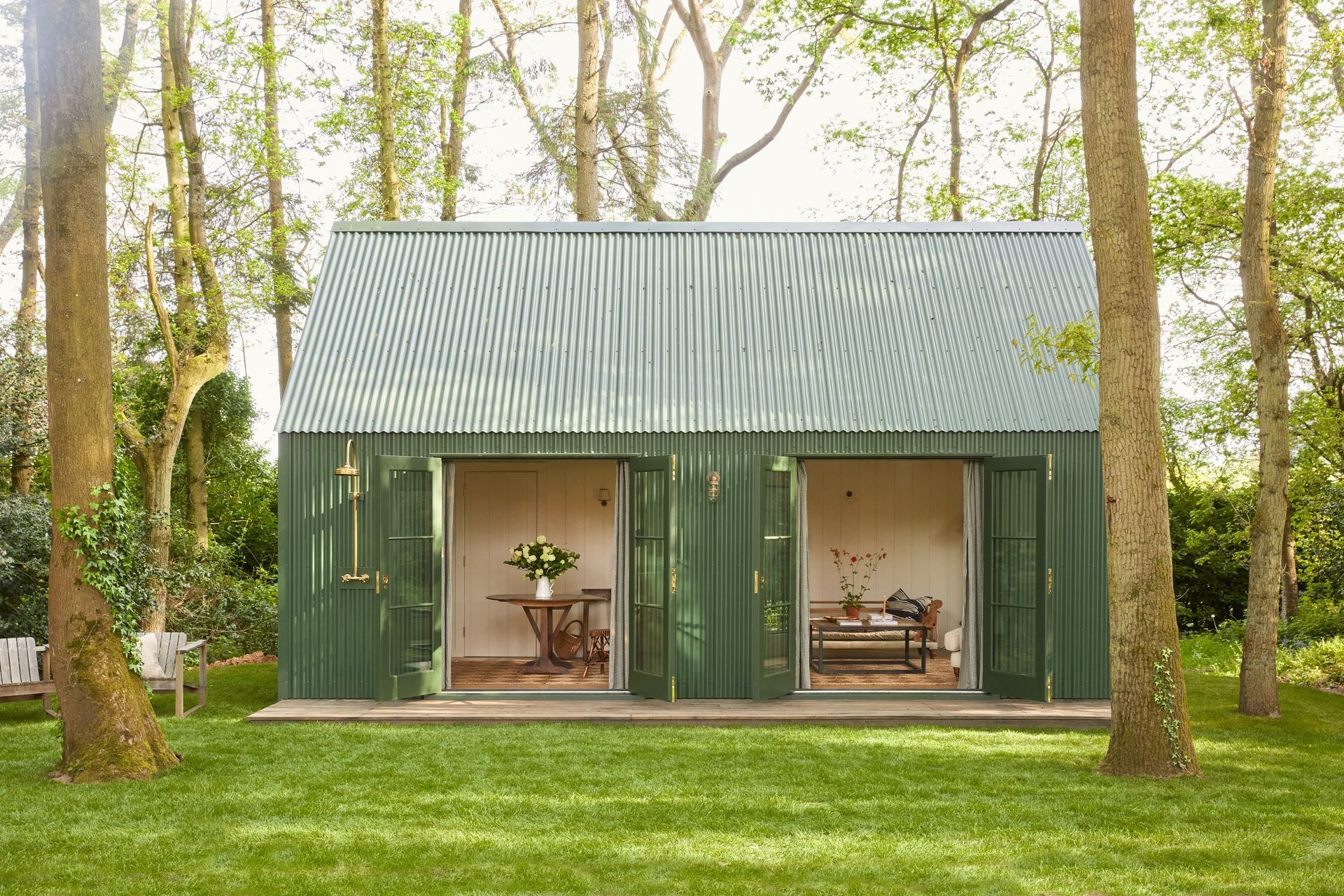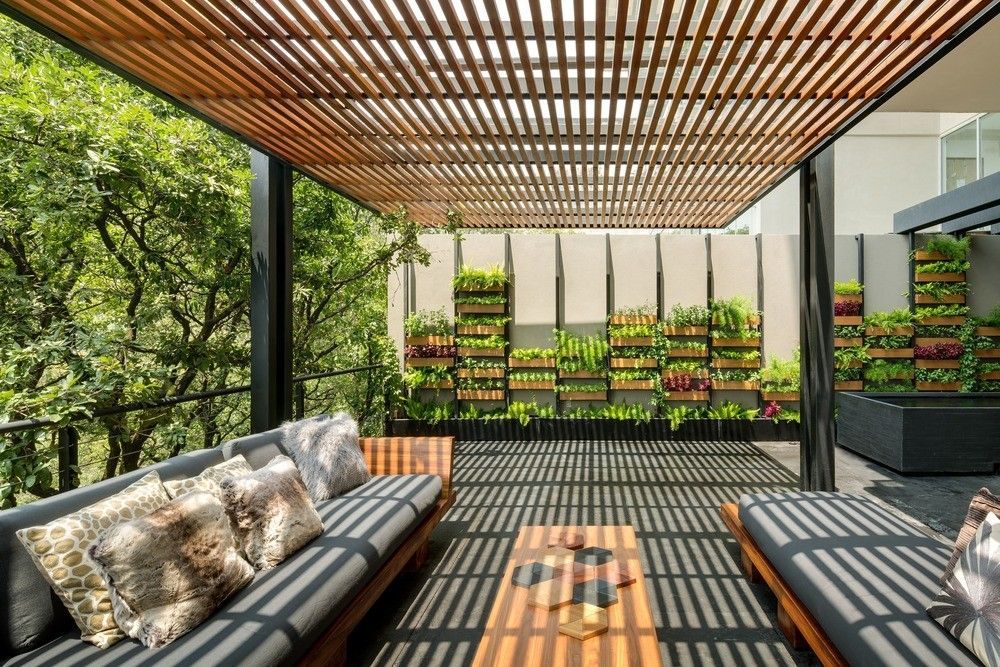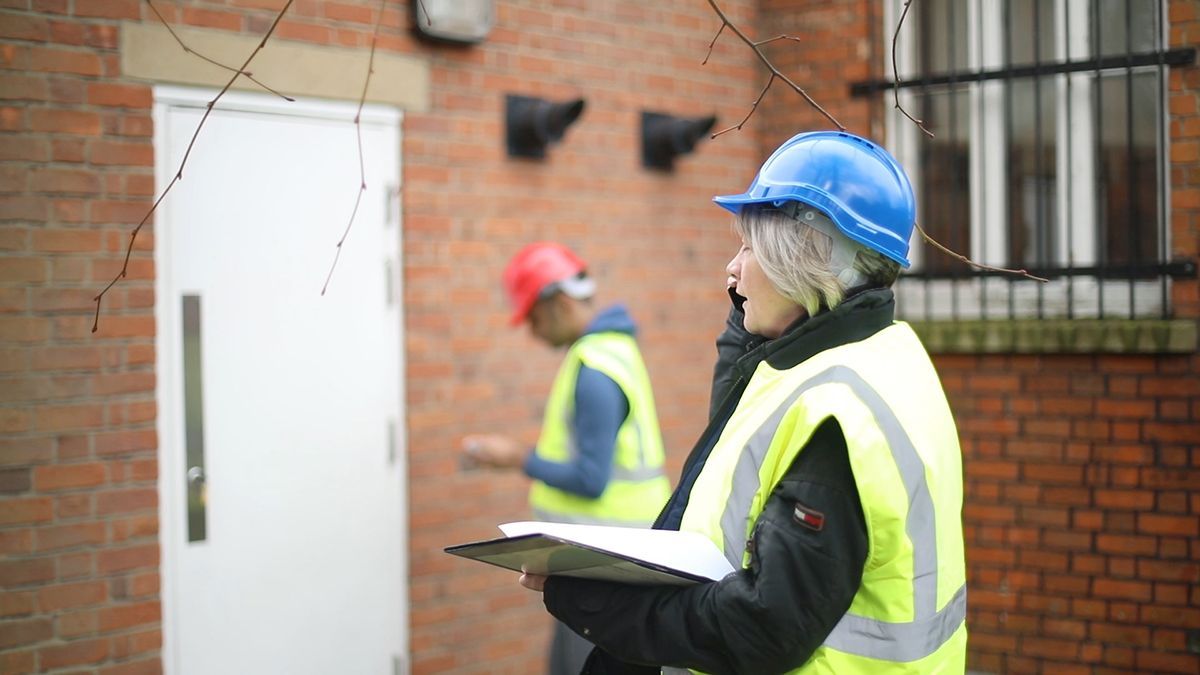Not all caravans are the same
St Anne’s Court Dorset Limited v SSHCLG and Dorset Council [2021] EWHC 2954 (QB)
This case was a High Court appeal against an inspector’s decision refusing an LDC for stationing of mobile homes on a caravan site for permanent occupation.
Permission was granted in 1980 for use of the appeal site as a “site for touring caravans”. Conditions required that not more than 15 “touring camping units” could be stationed on the site, that a 2 week time limit applied to any stay, that the site could only be used seasonally between 1 March and 31 October and that no “camping units” could be used as permanent residential units.
Needless to say the conditions were not complied with. In 2016, the council was forced to grant an LDC certifying as lawful by immunity the use between 1 April and 30 September of 50 “caravans”, the use from 1 October to 31 March of 22 “caravans” and the siting and use of a staff mobile home.
A prospective LDC for use as a caravan site was refused in 2018 and the refusal was upheld on appeal. The inspector found that the conditioned prohibition of the permanent residential use of “camping units” should be read as a prohibition only on touring caravans. It followed that unfettered stationing of mobile homes would not be a breach of condition. But it could, said the inspector, be a material change of use. So the certificate was refused.
A further, more detailed, LDC application for use of the site for stationing of mobile homes for human habitation was then sought and refused. The refusal was appealed. At appeal, the inspector found that the permission was restricted to touring caravans, that the condition was restricted to touring caravans and that the proposed use for mobile homes would be a material change of use. On this last point, the inspector found that the 2016 LDC certificate limitations (50/22) would apply to the mobile homes so there would be a limit on numbers. And he found that there was little in the way of any material difference between use of mobile homes and use of tourers in the summer months in terms of visual amenity or traffic. But that the permanent use of mobile homes in the winter months have a significantly greater impact than the very limited touring caravan use that would normally be expected in those months and that this was capable of being a material change. The appeal was therefore dismissed and the inspector’s decision was challenged in the High Court.
The appellant sought to argue that the true nature of the 1980 permission was that it granted permission for a caravan site, not just a touring caravan site. And since previous inspectors had decided that the condition didn’t prevent the permanent use of mobile homes so, therefore, the mobile homes were already covered under the 1980 permission. A caravan was a caravan, it said, and there was no essential difference between a tourer and a mobile home, certainly not one which could limit a planning permission.
The Secretary of State argued that the permission was limited on its face to touring caravans and that this was also conditioned. This was a functional limitation to the permission. Use outside that limitation was not in accordance with the permission. There was a material difference between tourers and mobiles.
At issue, said the judge, was the tension between the “I’m Your Man” principle – that if an LPA wants to restrict the manner of use of a site, it should condition the permission. And the Wall v Winchester decision which held that a limitation on the face of the permission as to the extent of use permitted limited that permission even without a condition.
Applying Wall, the judge held that the starting point was to interpret the permission itself. There was a relevant functional distinction between a touring caravan and other types of caravan. The permission was limited by that distinction. Use outside that permission was not in accordance with the planning permission. Whether it was also a material change of use was a separate question.
The judge also upheld the inspector’s conclusion that there was in fact a material change of use in this case; the finding that the additional use during the winter months was sufficiently intensive to be a material change was one that was open to the inspector so the court would not interfere.
This is an interesting case but it does not provide carte blanche for the conclusion that changing from tourers to mobile homes will always be a material change of use. There are plenty of appeal decisions which have held there is no material change. The seasonality of the original permission was key here, perhaps more than the tourer/mobile distinction. However, in the right circumstances, this case, together with the earlier JBS Park Homes v SSCLG can provide useful ammunition.
